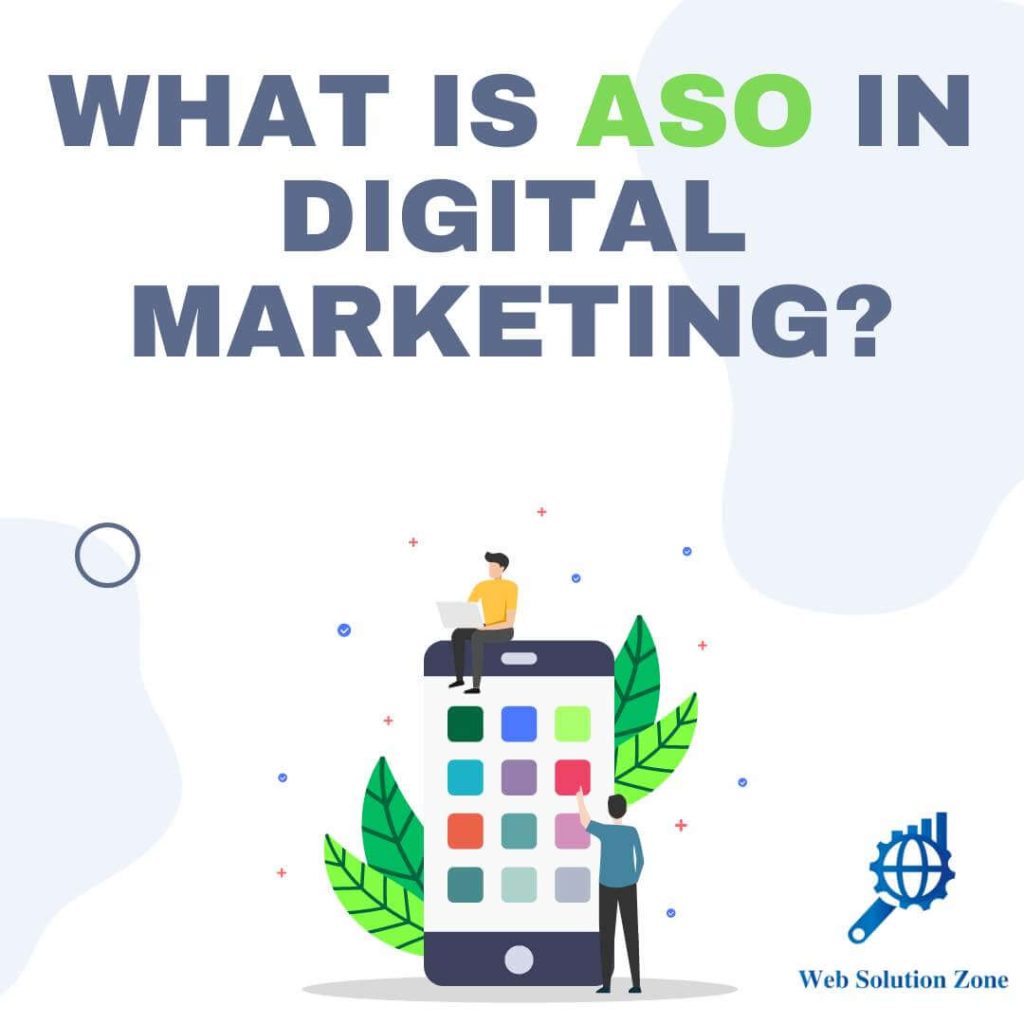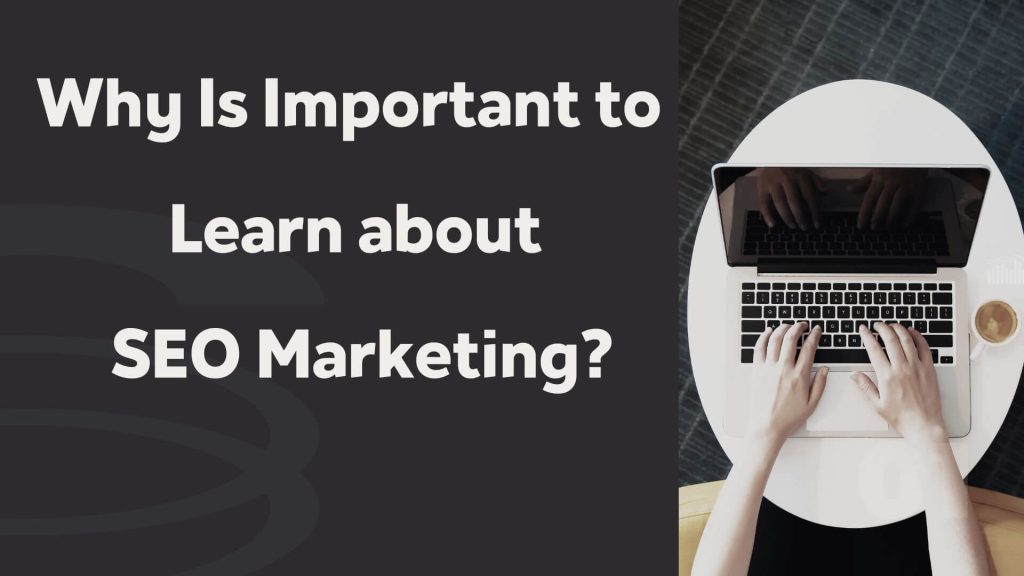SEO
In today’s digital world, search engine optimization (SEO) has become an essential part of every online business’s marketing strategy. SEO is optimizing your website’s content and structure to rank higher in search engine results pages (SERPs). This article will discuss the key categories of SEO and their importance in improving your website’s online visibility.
- On-page SEO:
On-page SEO refers to optimizing the content and structure of your website pages to make them more search-engine friendly. It includes optimizing your website’s title tags, meta descriptions, header tags, images, and internal linking. On-page SEO also involves creating quality content that is relevant to your target audience and includes keywords that they are likely to use in their search queries.
- Off-page SEO:
Off-page SEO refers to the techniques that you can use to improve your website’s visibility and authority on the web outside of your website. It includes building high-quality backlinks from other relevant websites, social media marketing, and online reputation management. Off-page SEO is critical in improving your website’s search engine rankings and driving more traffic to your site.
- Technical SEO:
Technical SEO refers to the optimization of your website’s technical aspects that affect its search engine ranking. It includes optimizing your website’s loading speed, mobile responsiveness, website architecture, and crawlability. Technical SEO is crucial for ensuring that search engines can easily access and index your website’s pages, leading to higher search engine rankings.
- Local SEO:
Local SEO refers to the optimization of your website to rank higher in local search results. It includes optimizing your website for local keywords and creating local business listings on Google My Business and other relevant directories. Local SEO is vital for brick-and-mortar businesses that rely on local customers to drive their revenue.
- E-commerce SEO:
E-commerce SEO refers to the optimization of your e-commerce website to rank higher in search engine results pages. It includes optimizing your product pages, category pages, and navigation to make it easier for users to find what they are looking for. E-commerce SEO also involves optimizing your website’s checkout process to improve conversions.
Conclusion:
In conclusion, SEO is a multifaceted approach that requires a combination of different strategies to improve your website’s search engine rankings. By optimizing your website’s on-page, off-page, technical, local, and e-commerce SEO, you can drive more traffic to your site and increase your online visibility. It’s essential to stay up-to-date with the latest SEO trends and techniques to ensure that your website remains competitive in search engine results pages.



